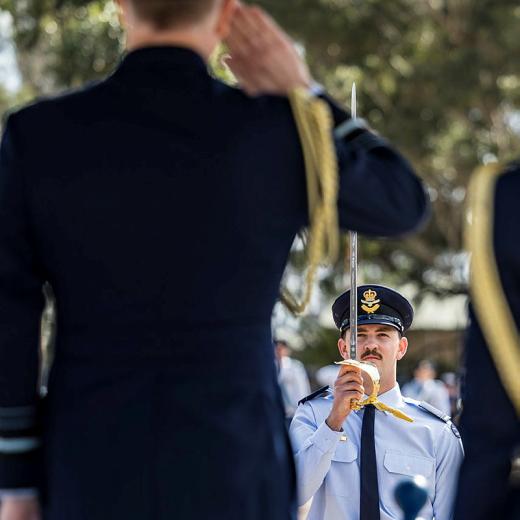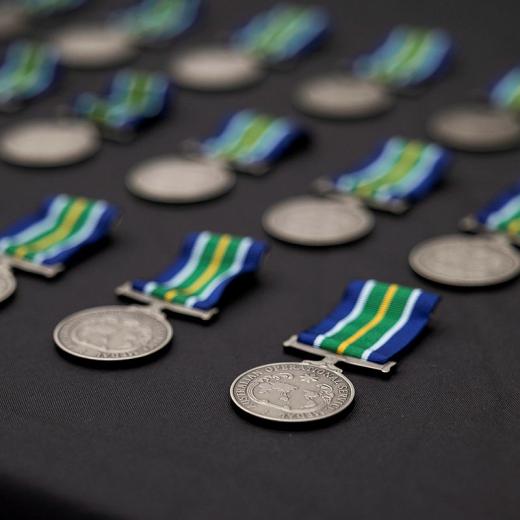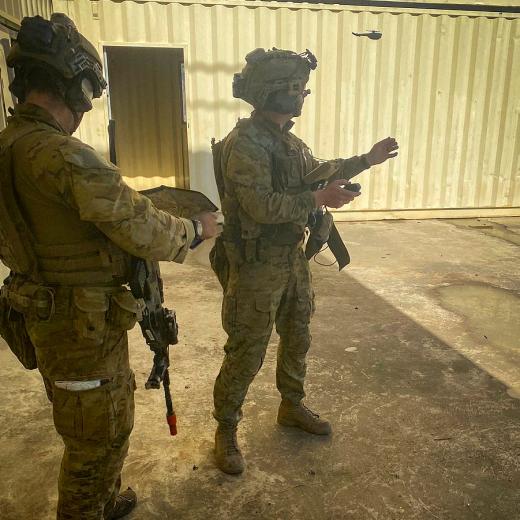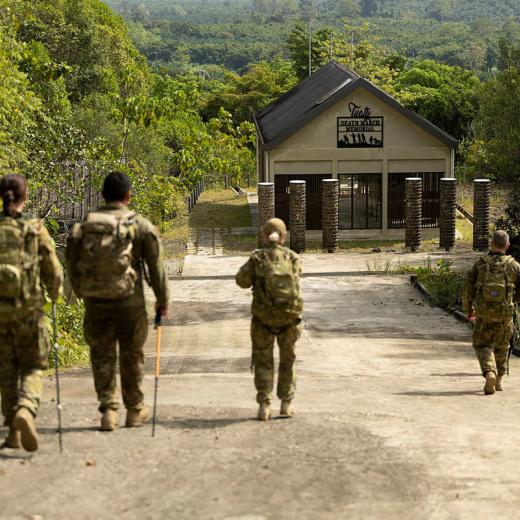BLUF
Military professionals have often overlooked humility, but it is a critical ingredient in making exceptional leaders who build on their professional expertise and develop cohesive teams.Summary
Uncertainty is nearly always a feature of War. The author argues that character and humility are critical leadership qualities, enabling a leader to build on their experience and develop professional mastery. Leaders need to:
- Know their limitations.
- Seek the input and feedback of others.
- Be self-aware and flexible
- Build and develop a reliable team utilising each individual's expertise.
- Surround themselves with, and utilise, intelligent people.
- Use their team's collective team experience.
- Quickly adapt to changed circumstances.
- Be willing to try and understand their enemy.
- Assimilate factors that are outside of but may impact on the battlespace.
- Stay current with technology.
- Accept responsibility for the consequences of their decisions (see Eisenhower letter).
- Create and share a vision for the future, including the end state
- Generate and maintain momentum
- Utilise mission command, contingency planning, and risk management principles (see Auftragstaktik).
- Provide the opportunity for short term wins and reward those who achieve these wins.
- Establish a sense of urgency for change if change is required.
In summary, a successful leader focusses on the team, the plan, and the opponent. Consider what else might be added to the above list?
References
- Dec 2019 Biography Dwight D. Eisenhower Biography (1890–1969)
- Jan 2021 Assessment Systems The Importance of Humility in Leadership (Interview with Dr. Robert Hogan)
- Feb 2021 University of South Australia Study Shows Humility Is Key Leadership Trait
- Feb 2021 Australian Times Why eating a piece of humble pie makes for good leadership
- Feb 2021 | Santa Cruz Sentinel Stephen Kessler | Leadership, humility and compassion





